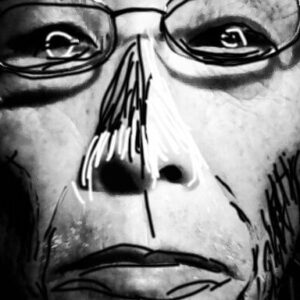What you need to know, April 7, 2025: Apples, silos, and you
I link to an informative article on the Presidential order outlawing the siloing of personal data by various governmental agencies. Around this news, I weave comments on the kind of thinking that leads to this prohibition and what that tells us about our loss of a government.
